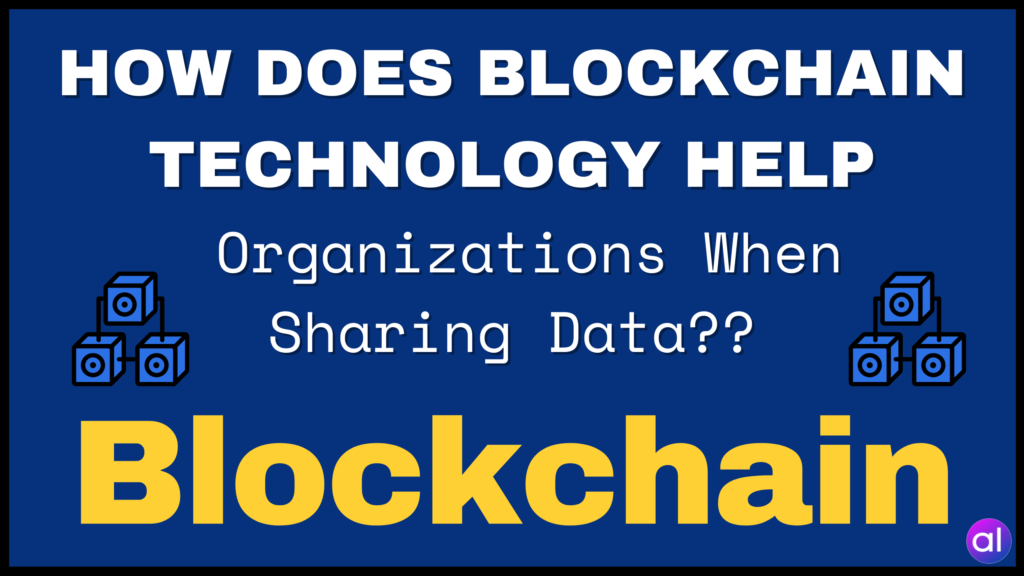The National DigiFoundry (NDF) Secure Information Sharing Workgroup has recently released its Industry Guide on Secure Information Sharing Using Web3 Technologies, as reported by Finbold on Tuesday, January 28.
The guide emphasizes decentralization as a crucial element in secure communication and presents various strategies to address information-sharing challenges in industries such as healthcare, finance, and technology.
Notable contributors to the publication include Art Seabolt from Constellation Network, Inc., Jaser Akuly from SIMBA Chain, Dr. Dragan Boscovic from Arizona State University, among others.
Enhancing Safe Web3 Information Sharing
The new guide from DigiFoundry is designed for practical implementation, offering a roadmap for integrating open standards with decentralized tools like identity management, key management, storage, and messaging protocols.
By working together, these tools establish secure and scalable systems capable of encrypting both individual and group communications.
Benjamin Diggles, the chair of the National DigiFoundry Workgroup and Co-Founder of Constellation Network, highlights the significance of innovation across various domains.
The guide explores real-world applications of Web3 technology, including safeguarding patient confidentiality in inter-provider exchanges, facilitating secure cross-border transactions, and providing tech companies with end-to-end encrypted collaboration tools.
It aims to address persistent industry challenges such as data sovereignty issues, limited interoperability due to open standards, and scalability concerns.
Kevin Jackson, the program lead for National DigiFoundry, also underscores the team’s endeavors in decentralized science, climate change, financial product tokenization, and refugee assistance.
The Advantages of Decentralized Information Sharing
Embracing a decentralized approach to information sharing, as advocated by National DigiFoundry, eliminates the reliance on a single authority.
With blockchain technology and digital assets maturing for widespread deployment, the approach outlined in the guide is anticipated to witness extensive adoption.
Furthermore, NDF believes that incentivizing data contribution can expedite the development of artificial intelligence (AI) and other data-intensive applications, potentially leading to significant technological advancements.



